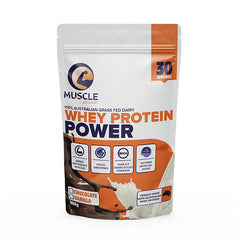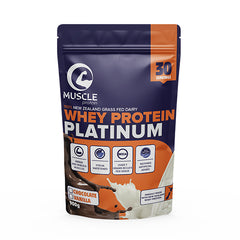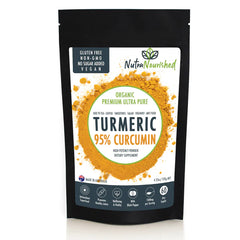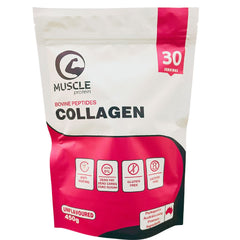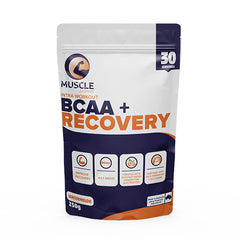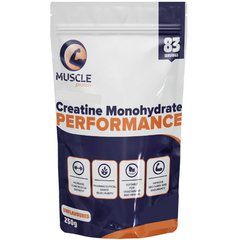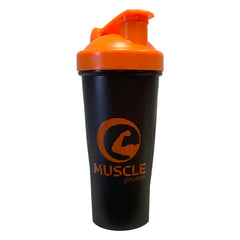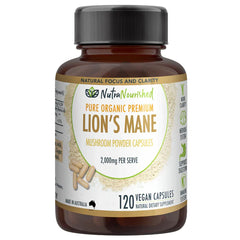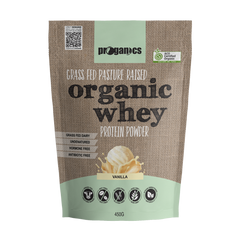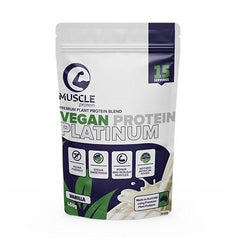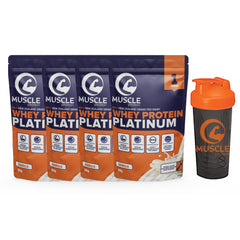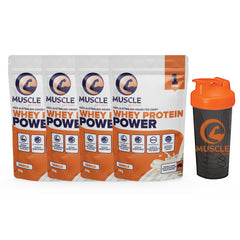Top 7 Health Myths... And Why They're Wrong!
So you've heard of the fitness myths. If you haven't yet, read about it here. But what about the health myths? There are lots of things that you might've heard and believed - but we're here to tell you that it is not the case. Read our Top 7 Health Myths and find out why they're wrong!
1. Your BMI is an accurate way to define your health
The BMI is a loose guide on your body's health. It formulates your BMI according to your height and weight - categorising you on whether you are healthy for your height. However, research has shown that this method is becoming outdated. The BMI index can't distinguish between fat and muscle, so you could be the most muscular person with a low body fat percentage, but you would be considered overweight according to the BMI index. It also can't distinguish between the different types of fat, such as belly fat known as Visceral fat. An objectively thin person could hold a lot of visceral fat, where they may be considered healthy by the BMI standards, but can be more prone to developing health risks.
2. Eating late at night will make you gain weight
The main thing about your diet is that you consume the required amount of calories within your day. It's more likely that you'd gain weight from eating late at night because you've already met your daily calorie intake, and you're eating more than you need. You can have snacks like Muscle Protein's Whey Power as a great way to keep you feeling fuller and less likely to eat later.
3. Fat and Carbs are bad for you
Fats and carbs are necessary for your body to get the nutrients it needs. Of course, we're not talking about deep fried kind of fats. Good fats that come from plants and fish sources have health benefits, compared to saturated fats that can lead to weight gain. As well as this, your body draws most of its energy from carbs, so those that go on low-carb diets may feel tired and lethargic.
4. Eating the least amount of calories will make you lose weight
There is such a thing as too little calories! A general rule states that you should never dip below 1,200 calories as your body won't be getting the nutrients your body needs to stay healthy. You can look at calorie calculators to find out how many calories you should be having daily according to your lifestyle and body.
5. Cheat meals will ruin your diet
If you restrict yourself too much, you're more likely to binge - turning your cheat meals into cheat diets. Having food that you enjoy every now and then is okay! As long as you are looking after your mind and body as best as you can. It is better to have a healthy relationship with food so you are less likely to struggle with the idea of cheat meals and binging.
6. You can't have any sweet things if you're trying to diet
There are lots of deliciously sweet things that can help with your diet that are healthy! As mentioned above, if you restrict yourself too much from something, you are more likely to binge or cheat - whereas if you work on having healthy sweets, it's okay. Fruit, yoghurt, or Muscle Protein's shakes are great things to have when you're wanting something sweet.
7. Sports drinks are the best way to recover after a workout
Water and a high-protein snack is the best way to recover after a workout. Sports drinks often have a lot of sugar which isn't ideal for people trying to be healthy. We recommend our Muscle Protein shakes for a great post-workout recovery!
So get your Muscle Protein supplements today!



